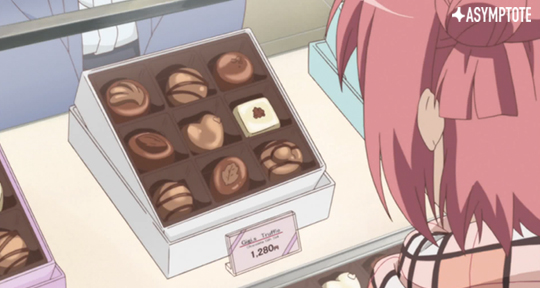This week, our Editors-at-Large bring us updates on book fairs, industry trends, and tk. From the impact of censorship on book fairs in Hong Kong, to the domination of Scandi-noir in Sweden, to a celebration of a beloved publishing house in Mexico, read on to find out more!
Charlie Ng, Editor-at-Large, reporting from Hong Kong
The 35th Hong Kong Book Fair took place from July 16 to July 22, at the Hong Kong Convention and Exhibition Centre in Wan Chai. This year’s theme, “Food Culture.Future Living,” aimed to explore culinary traditions and histories, connecting food cultures and lifestyles. As part of the event, the “Theme of the Year Seminar Series” featured a variety of sessions with authors and speakers dedicated to discussing food cultures from various perspectives. Topics included the historical significance of culinary traditions, the link between nutrition and health, and future trends in food consumption. Despite its rich programming, the fair experienced a notable decline in visitor numbers, with attendance dropping approximately 10% from the previous year. Organizers from the Hong Kong Trade Development Council reported that around 890,000 visitors participated, down from 990,000 in 2024. This decline followed the disruption caused by Typhoon Wipha, which forced the fair to suspend activities for an entire day. Some exhibitors expressed dissatisfaction with the situation as there was a significant drop in sales attributed to the typhoon’s impact on the peak business day.
Meanwhile, Hong Kong literary group the House of Hong Kong Literature announced the cancellation of its own book fair, originally scheduled for July 18-27. The non-profit organization expressed regret for the abrupt decision, which stemmed from unspecified reasons that were beyond the organizer’s control. Co-founder Tang Siu-wa mentioned that the cancellation affected their fundraising efforts, especially as profits were intended to support their relocation. In recent years, independent publishers and bookstores in Hong Kong have increasingly organized alternative book fairs to counter perceived censorship by the Hong Kong Trade Development Council. The HKTDC had explicitly rejected applications to join Hong Kong Book Fair from publishers that published books on pro-democracy movements or asked exhibitors to remove sensitive titles from their shelves. Moreover, the “Reading Everywhere” independent book fair co-hosted at Hunter Bookstore, located in Sham Shui Po, faced scrutiny from the pro-Beijing newspaper Wen Wei Po, which alleged that the event fostered “soft resistance” against the government. The bookstore’s director, Leticia Wong, defended the fair, stating that the selection of books focused on local authors and was not intended to conceal any titles. Some other businesses in the same district were also accused of “soft resistance,” including a pen shop that sold ballpoint pens featuring local-concept designs, which won an award in 2019, and a café with graffiti of a frog on the wall, interpreted as Pepe the Frog, a cartoon character that gained symbolic meaning as a pro-democracy icon during the 2019 protests. READ MORE…



